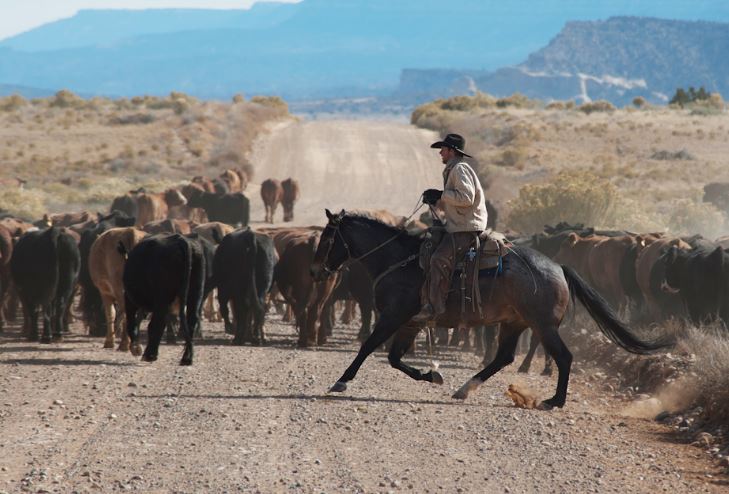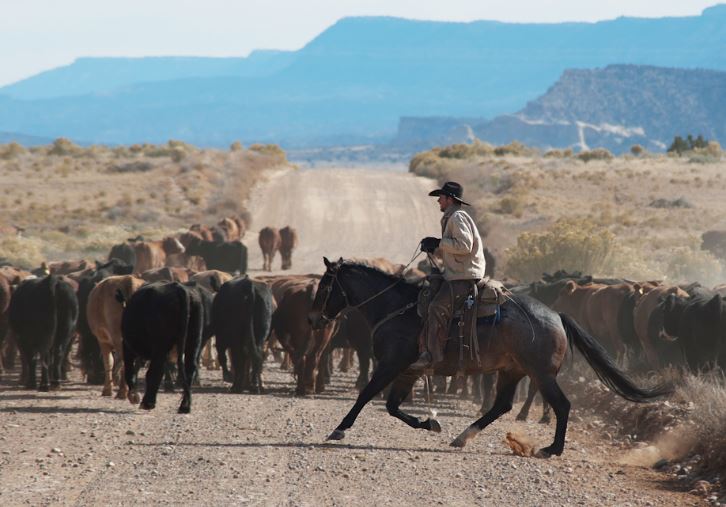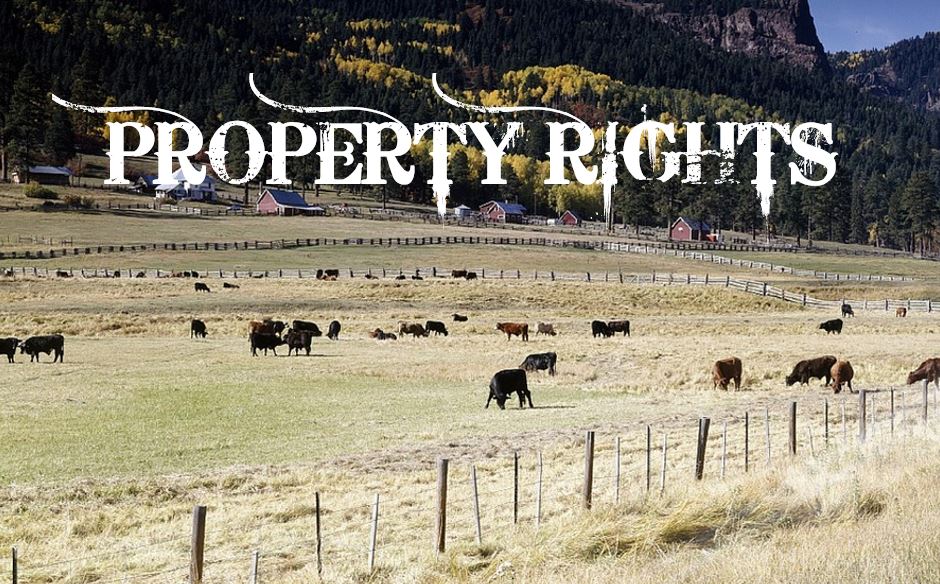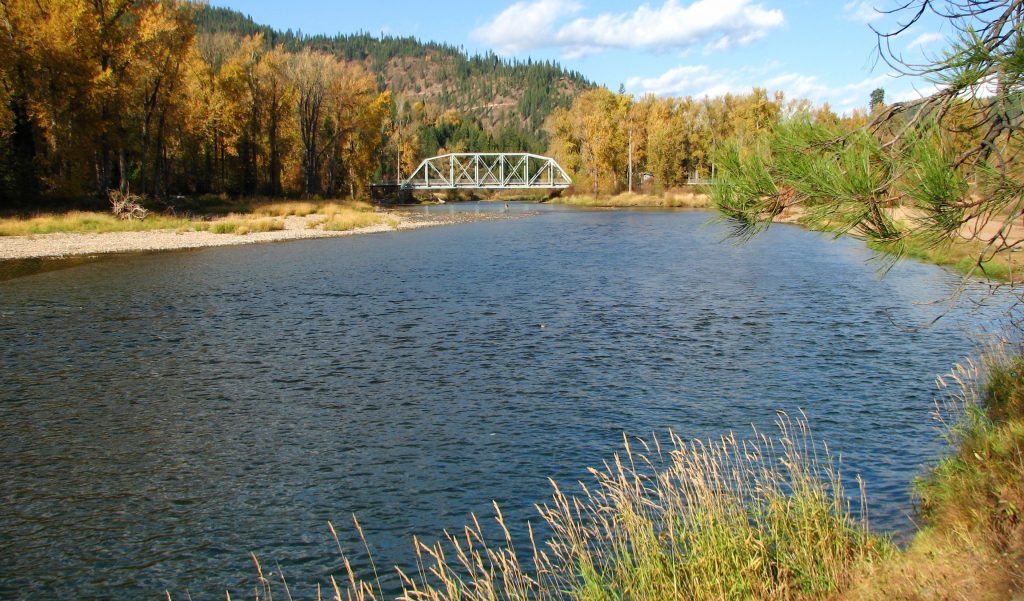Johnson said those who believe in multiple use of the land need to stick together, or else be picked off “one by one,” by nongovernmental organizations opposed to public grazing.
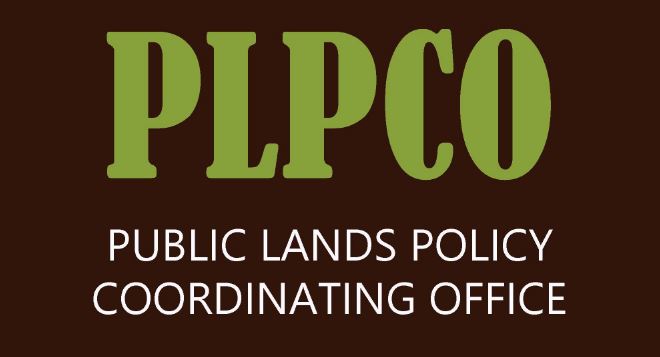
LAYTON — Redge Johnson said there is no reason to believe that another 150 years of grazing can’t continue on Utah’s public lands if people are willing to work out their differences.
“There’s no reason grazing can’t go on for centuries,” he said. “This is a renewable resource.”
Johnson, with the Governor’s Public Lands Policy Coordinating Office, is heading up a working group that’s been meeting for nearly a year to hammer out solutions to what can be heated disputes between ranchers and federal agencies like the Bureau of Land Management and the U.S. Forest Service.
So far, the group has met 17 times with livestock producers throughout the state and held more than 40 agency meetings.
“There are a lot of issues around the state that started some time ago,” Johnson said during a roundtable discussion Friday at a Layton conference of the Utah Farm Bureau.
“My family has been involved in this for 50 years, and some of the issues have been going on since then.”

The group includes Johnson’s office, the Utah Department of Natural Resources, the Utah Department of Agriculture and Food, as well as representatives from the Utah Attorney General’s Office, the State of Utah School and Institutional Trust Lands Administration and congressional staffers.
Multiple county commissioners are involved as well in ground-up discussions that look at grazing allotments, water policy, rangeland conditions, drought, wildfires, the infestation of noxious weeds and the encroachment of pinyon.
Utah put the group together after some high-profile public land disputes pitted angry ranchers against the federal government — such as the tense Cliven Bundy standoff in Nevada. In that 2014 armed confrontation, Bundy was slapped with court orders demanding $1 million in unpaid grazing fees. Bundy and four of his sons were jailed at one point and are now awaiting trial in February.
Utah’s conservative lawmakers and its ranching community moved to distance themselves from the case, but there have been a string of complaints lobbed by the Utah Farm Bureau and others over the alleged heavy-handed tactics of federal agencies.
Johnson on Friday conceded the progress made by the working group has been “slow,” but getting staffers from the offices of Utah’s congressional delegation involved has helped inspire a layer of willingness to negotiate.
Troy Forrest, who manages the state agriculture department’s grazing improvement program, implored ranchers to document rangeland conditions where forage is plentiful to help the group fight incidences where grazing allotments have been reduced.
Such documentation is vital in cases of federal environmental reviews or in instances where the BLM or Forest Service is updating land management plans, he said.
In those instances where grazing reductions are made — and if it appears the agency has ignored its own data — rangeland evidence can help bolster any legal action that might result, Forrest added.
Colby Jones, the private lands coordinator for the Utah Division of Wildlife Resources, said it behooves ranchers and sportsmen to work together, even though there may be contrary goals that spark dispute.
“The same people who want you gone, want us gone,” he said.
Johnson said those who believe in multiple use of the land need to stick together, or else be picked off “one by one,” by nongovernmental organizations opposed to public grazing.
“You guys have been great stewards of the land,” he said. “We need to show people.”
Amy Joi O’Donoghue
